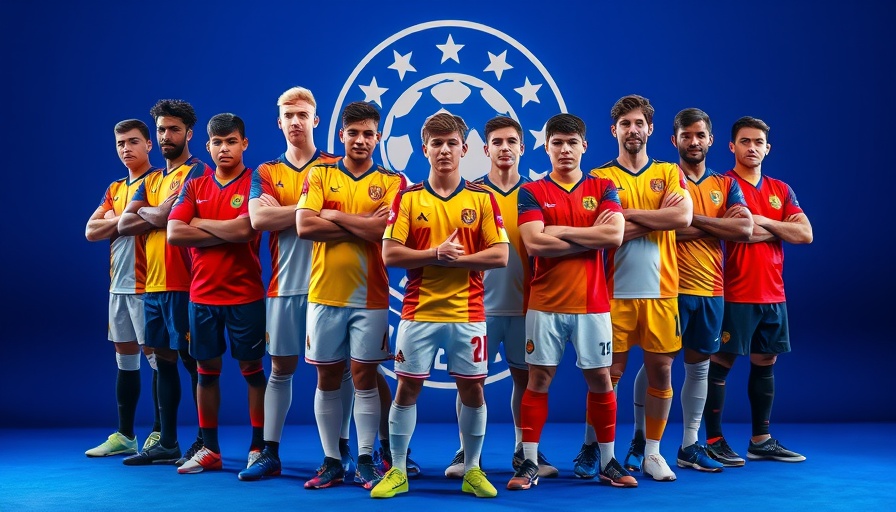
Empowering Young Footballers: The Impact of Tonic Football Club
Football is more than just a game; it represents hope and opportunity, especially for the youth. In Nigeria, where the road to becoming a successful footballer often feels insurmountable due to socioeconomic barriers, Cardtonic's recent initiative, Tonic Football Club (TFC), is set to alter this narrative significantly. Officially launched in April 2025, TFC opens doors for young talents to not only nurture their skills but also shine on a larger stage.
An Innovative Approach to Talent Discovery
Traditional pathways to success in football usually demand luck and connections, limiting opportunities for many gifted young players. Tonic Football Club seeks to break that cycle by offering a grassroots talent discovery project. By focusing on training, discipline, and support, TFC embodies a paradigm shift that prioritizes raw talent over privilege.
The Role of Technology in Football Development
Cardtonic, known as a fintech platform primarily for its gift card trading and digital transactions, is leveraging technology in a transformative way with TFC. The blending of fintech with grassroots sports illustrates how digital tools can aid communities in unexpected ways. Through access to funds and resources, TFC can provide a structured training program for aspiring footballers, thereby enhancing their chances of success.
A Community-Driven Model for Success
Success in football, as promoted by TFC, is not just about winning medals; it’s about community, personal growth, and opportunity. By fostering an environment where young athletes can cultivate their passions, TFC is setting an example for how tech-driven initiatives can facilitate meaningful change in sports and social dynamics within Nigeria. Community engagement will be key, as athletes not only train but also bond with one another, creating a supportive network that extends beyond football.
The Future of Football and Technology in Africa
The establishment of clubs like Tonic Football Club points to a promising future for football in Nigeria and potentially across Africa. As fintech continues to disrupt traditional economic models, initiatives like TFC pave the way for a more equitable playing field in sports. This could inspire other sectors to adopt similar models, integrating community support and technological empowerment to create better opportunities for young people.
Conclusion: Join the Movement
In conclusion, Tonic Football Club embodies an optimistic vision for the future of young footballers in Nigeria. By building a supportive community that nurtures talent without the constraints of socioeconomic status, the club offers a fresh start for aspiring footballers. Now is the time to get involved, whether through supporting grassroots initiatives or simply spreading the word about the promising future of football in Africa!
 Add Row
Add Row  Add
Add 


Write A Comment